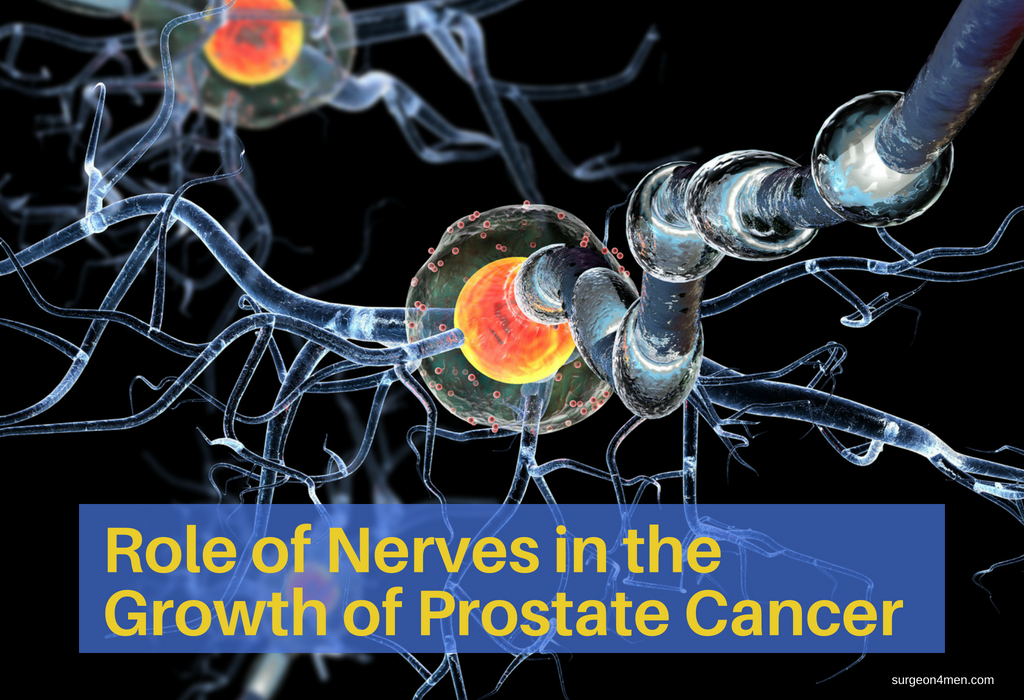What is Prostate Cancer?
Prostate cancer refers to malignant transformation of cells in the prostate region. According to latest estimates, prostate cancer is one of the most frequently reported malignancy in the adult American males.
According to the latest survey report released by American Cancer Society for 2018, about 164,690 new cases of prostate malignancy are expected to be diagnosed in the US in 2018, resulting in about 29,430 deaths (1).
Prostate gland is a key male reproductive organ that is located just below the urinary bladder. The glandular part assists in the production of seminal secretion that carries the sperms. Prostate cancer is known to cause serious morbidity and mortality among males; however, it is treatable if diagnosed in early stages. It is noteworthy that elderly males are at much higher risk of developing prostate cancer as compared to younger men. In fact, more than 60% cases are reported in males over the age of 65 years.
Growth of Prostate Cancer and Role of Nerves:
The exact cause and pathophysiology of prostate cancer is still not known; but, some scientists believe that the origin of prostate cancer is multi-factorial (i.e. several factors contributes to the development of cancer). Previous clinical studies indicate that factors like age, ethnicity and genetics may impact the development and growth of prostate cancer.
Prostate cancer involves continuous growth of abnormal cells in the prostate gland. These cancer cells need abundant supply of blood to proliferate. Latest research by scientists from Albert Einstein Medical College has shed some light on the role of nerves on the development and growth of prostate cancer.
Details of the Study:
The new research conducted by Dr. Paul Frenette from Albert Einstein Medical College and his team provided significant evidence that some nerves plays a very important role in cancer development by triggering the process of oncogenesis by increasing the production of blood vessels that in turns facilitates the growth and development of cancerous cells by maintaining a steady supply of oxygen and nutrition.
This research may help devise new treatment modalities and therapeutic techniques to treat the prostate cancer in patients. Dr Paul and his team suggested that since continuous nutrition and oxygen supply helps in the growth of prostate cancer; any drug or intervention that can hinder the formation of new blood vessels can shrink or reduce the cancerous growth. This can be accomplished by selectively monitoring or blocking the activity of involved nerves that promotes angiogenesis (formation of new blood vessels)
Which nerves are more responsible for promoting the prostate cancer growth?
The research study also indicated that sympathetic nerve that excretes epinephrine are mainly responsible for increasing the growth of prostate cancer. Epinephrine help and support the growth of tumor by binding to the connective tissue cells found on the surface of tumor mass
Role of epinephrine:
The research team used prostate cancer cells in laboratory mice in order to learn about the nerves that are involved in the stimulation of connective tissue for tumor growth. The epinephrine released from nerve fibers binds to the receptor cells i.e. endothelial cells which are found on the inner side of the blood vessels. After binding itself on the surface of receptors it activates and stimulates the angio-metabolic switch that helps in the production and development of new blood vessels. The metabolic switch also plays a role in changing glucose metabolism. In order to develop new blood vessels, the endothelial cells (that usually utilizes oxidative phosphorylation to extract energy from glucose) switches to glycolysis.
In short, the nerves not only promote the growth of tumor mass by producing new blood vessels, but also changes the glucose metabolism due to which normal cell are abstained from getting proper nutrition and gets weaker over time.
Benefits of the Research:
This study has opened many new ways for the treatment and cure of prostate cancer such as restricting the simulators that enhances the production of new blood vessel. Dr Paul Frenette also discussed the role of beta-adrenergic blocking agents (the class of drugs that are used to control the blood pressure) in reducing prostate cancer growth. Beta blockers assists in blocking the impact of hormone epinephrine or adrenaline. Researchers believe that by efficiently managing the epinephrine activity, we can definitely reduce the growth of cancerous mass and increase the survival rate in prostate cancer patients.

